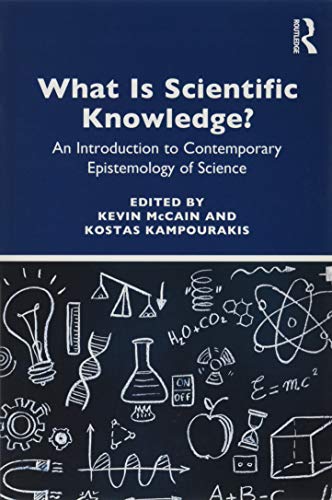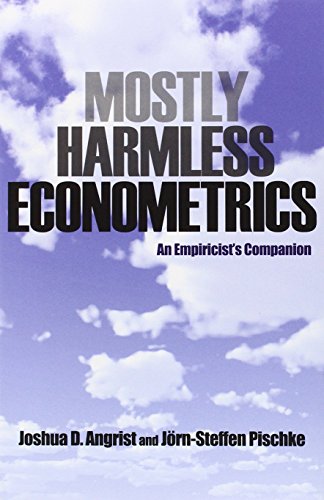Any theory which says that to know a truth one must believe it and one’s belief must stand in a certain causal relation to the truth itself.
For example, I know that Caesar crossed the Rubicon if his doing so caused some historian to write a book saying so, which caused my local library to buy it, which caused me to read and believe it.
The causal connection might be more complex than a simple chain, and the knower might have to make some inferences.
Objections include the case of timeless truths like those of mathematics, which do not seem to cause anything; and the possibility that the causal chain might be of the wrong sort, so that intuitively one would not say that here was a case of knowledge. (This entry ignores the distinction between facts and events).
Source:
A I Goldman, ‘A Causal Theory of Knowing’, Journal of Philosophy (1967)
Table of Contents
- causal theory of memory
- causal theories of perception
- tacit knowledge
- regularity theory of causation
- causal theory of names
Last update 2020-06-17. Price and product availability may change.










